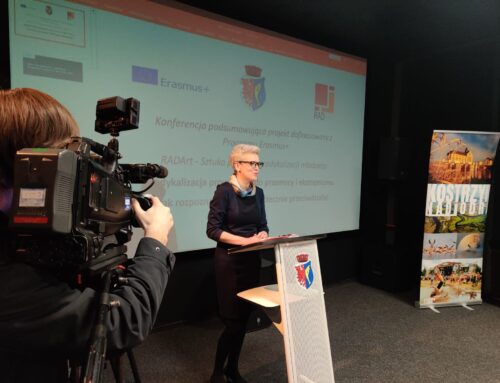Foster and promote effective prevention of radicalization through creative methodologies: policy recommendations and final remarks
The RadArt Project has reached the end of its 30-month scheduled work, and all project outcomes have been presented both at the European level during an event in Brussels in March and in various national contexts throughout March and April.
It has been a long and intense journey that involved five European organizations working together to promote creative methodologies aimed at preventing and countering the violent radicalization of young people.
The analysis of different contexts, the exchange of best practices, and the open and constant dialogue among different realities have been sources of great mutual enrichment, allowing us to create an EU Manual targeting Youth Workers and guidelines for families and community members.
As a conclusion to the Project, we now publish a new summary document primarily addressed to representatives of institutions: “Policy recommendations to foster and promote effective prevention of radicalization through creative methodologies.”
What does this manual contain?
This latest document, already subjected to a piloting phase to test its clarity and effectiveness, is divided into several sections.
The first part is dedicated to analysing national and European policies aimed at preventing violent radicalization, focusing primarily on the areas of education, housing, employment, and health.
The second part addresses the theme of inclusion in relation to the European Pillar of Social Rights: 20 key principles and rights essential for fair and well-functioning labor markets and social protection systems.
The third part is dedicated to good practices that local authorities can implement to encourage resilience and prevent phenomena of violent radicalization.
The last part contains a series of recommendations primarily directed at institutions and policy makers, urging them to utilize creative methodologies to promote effective prevention of violent radicalization.
Each section includes an in-depth analysis for each country involved (United Kingdom, Italy, France, Poland, and Belgium) and a part dedicated to the European context.
How to download and use these Policy Recommendations
The RadArt project comes to an end, but all the materials are available for download, and the RadArt partners are already committed to maximizing their dissemination.
You can download the Guidelines for families and local communities from the “Resource” section of our website.
All materials contained within this Manual fall under a Creative Commons License with attribution, non-commercial, non-derivate, and share alike traits, unless otherwise permitted directly and explicitly by the authors.
Radart Partnership is happy if these Guidelines are useful to you.
If you use this content for your activities, remember to include an appropriate mention of authorship.
Also, please let us know how you used this manual by writing to annabellan@expandinghorizons.co.uk






